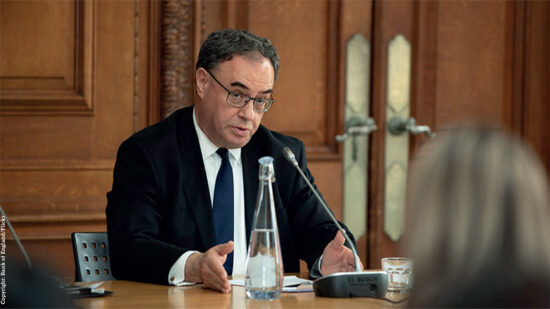The total level of assets in discretionary MPS grew 11% between Q1 2022 and Q1 2023, according to a report by NextWealth.
NextWealth’s latest MPS Proposition Comparison Report includes data from 40 DFMs and a survey of 14 DFMs.
The report found that top 10 DFMs have remained unchanged since 2020.
Over half of DFMs now use ETFs, reaching 58%, up from 46% in 2022. Total assets in sustainable portfolios total £9.6bn ($12.1bn, €11.2bn) or 10.8% of assets.
Price pressure has led to increased use of passive options.
Over the past two years, the average ongoing charge fee for an MPS has declined 0.33% and the average MPS fee has declined 0.03%.
Heather Hopkins, managing director of NextWealth, said: “Advisers and planners are at the sharp end of Consumer Duty but all providers have to get their own houses in order to ensure the end investor is getting a good deal. Part of this is price.
“Our data show that the on-going average total cost of ownership for advised clients is 1.64% for platform, funds, portfolio management and advice. We think this will fall to 1.20% in the next 3-5 years. DFMs offering a higher cost offering will need to fight harder to justify their higher fees with strong performance.”
Consumer Duty
According to the NextWealth report, all DFMs said they have completed a target market assessment for their on-platform MPS in the last 12 months.
Some 36% of DFMs have enhanced their due diligence process conducted on advice firms as a result of Consumer Duty and 93% of DFMs have completed a fair value assessment in the last 12 months.
Most thought advisers offering tailored or co-branded MPS are co-manufacturers under Consumer Duty rules.
The differences are:
- Tailored: The advice firm and the DFM sit on a joint investment committee but the DFM has a majority vote and runs the MPS;
- Co-branded: The DFM manages the MPS but includes the advice firms branding; and
- Sub-advised: The advice firm makes the investment decisions for the MPS but uses the DFMs strategic and tactical asset allocation model.
Several DFMs said that they consider the adviser to be the manufacturer of the MPS under a sub-advised relationship, hence the lower proportion selecting this option.
Hopkins added: “Financial advisers are manufacturers of an advice service under Consumer Duty rules but there is a lot of confusion about who is a co-manufacturer of the investment proposition.
“Most DFMs surveyed think that even with the lightest touch customisation – applying the adviser’s branding alongside the DFMs – constitutes co-manufacturing.”








